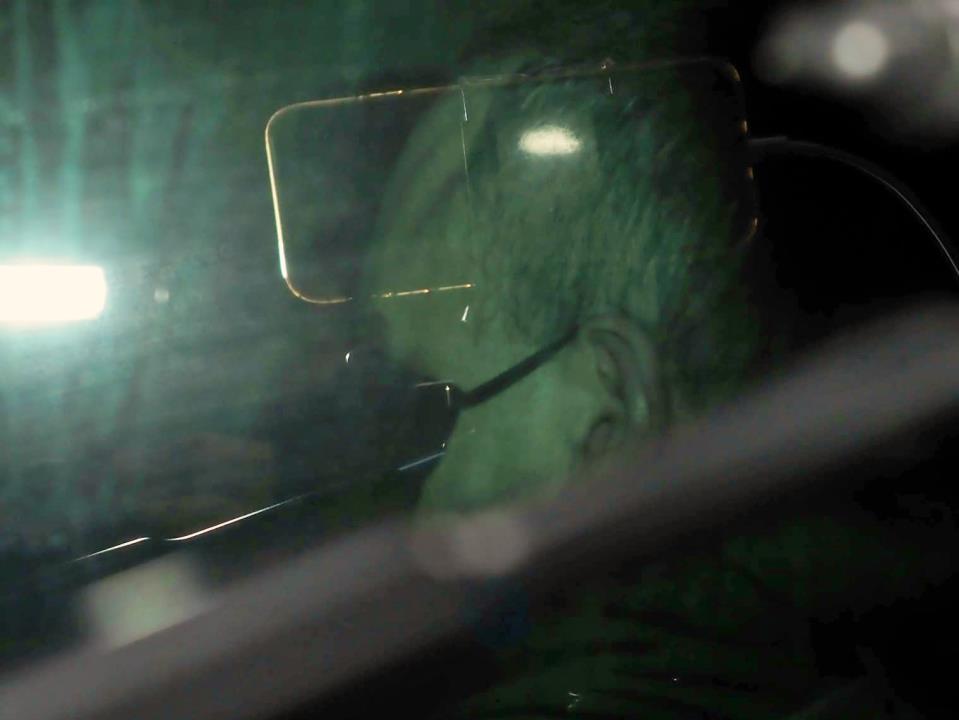Politicians have always done it, and they will continue to do it.
It is one line of defence they have always resorted to.
Each time something potentially dangerous to their popularity, or events which hit them hard take place, they come up with a controversial subject in an attempt to divert attention away from the core issue that is grabbing the public’s considerations.
Many times, they know that the topic they choose is provocative enough to make people talk. Often, it is related to civil rights; something like civil unions, abortion or, in Malta’s latest case, recreational use of cannabis.
Whether politicians succeed in shifting the people’s mood is debatable.
We have seen the government led by Robert Abela take this route in the past weeks, when it hastily presented a document on the recreational use of cannabis soon after the arraignment of Keith Schembri and others.

Money laundering charges
On 20 March, Malta was ablaze as former chief of staff in the Prime Minister’s Office Keith Schembri was one of 11 people arraigned in court.
It was the culmination of a long process which started years ago when magisterial inquiries were launched into his behaviour and that of others. When these were concluded, the police investigated the findings and after several sessions of questioning, Schembri was arraigned.
He was charged, among other things, with money laundering, corruption and falsifying documents. Schembri’s father Alfio, his business partner Malcolm Scerri and his accountant Robert Zammit were also arrested and arraigned.
Separate money laundering charges were also filed against former Nexia BT partners Brian Tonna, Karl Cini, Manuel Castagna and their financial controller Katrin Bondin Carter, as well as Zenith Finance owners Matthew Pace and Lorraine Falzon.
Charges were also brought against former Allied Newspapers managing director Vincent Buhagiar, while others are expected against another former managing director, Adrian Hillman, for whom extradition proceedings have started to bring him over from the UK.
The arraignments have now led to a series of compilations of evidence in the courts of law. Added to the several proceedings taking place on other cases – including the assassination of journalist Daphne Caruana Galizia, who was the first to speak of irregularities that led to the 20 March arraignments – it is certainly a busy time for the magistrates involved.
More to come
Given that other magisterial inquiries are being conducted into alleged irregularities, there is a strong possibility that the 20 March arrests will be followed by others. The police are investigating other reports and it is likely that this will lead to other court proceedings.
There is a good chance that, apart from people who have already been arraigned, others who are under investigation will also face the music. These might include politicians, some of whom have already been named in the media as having been questioned by the police.
With compilations of evidence taking place almost on a daily basis in our courts of law, new information is being provided every day. People who have already been indicted have been given or are seeking presidential pardons to offer more information.
The story is far from over.

Political consequences
The political consequences of the 20 March events were extraordinary. They were certainly a big blow to the government, given the connections some of those who were arraigned had with the previous administration led by Joseph Muscat.
Prime Minister Robert Abela has defended his government, arguing that the charges were related to events that took place under a different prime minister, and that he was not politically responsible when they took place.
He said that the arraignments were proof that the country’s institutions were fully functional and that they were doing their duties properly. Nobody is looking at faces; if someone has done something wrong, then he or she must face the consequences, was Abela’s underlying message.
Conversely, the Opposition was quick to point out that Abela’s government is a continuation of that of his predecessor Joseph Muscat, under whose watch the culture of impunity flourished and corruption became rampant.
Nationalist Party leader Bernard Grech said the 20 March happenings showed how a “criminal gang” had taken over the Labour government and then captured the institutions. It showed the need that the country must start a new chapter and clean its reputation.
Given the nature of the charges, and the people involved, in particular Keith Schembri – who was ever so close to Muscat – the court proceedings are being closely followed. The impact on the country’s collective mood cannot be discarded.

Cannabis
While all this is taking place, the government comes in with a blatant attempt to divert attention away from what is taking place in the law courts.
Prime Minister Robert Abela presented a public consultation document which, if turned into law, will radically change the drug situation in Malta.
New policies to decriminalise cannabis use were introduced in 2015, with simple possession of a small quantity of the drug no longer punishable by prison but by just a fine.
Then, three years later, Malta enacted the production of cannabis for medicinal and research purposes act.
The legalisation of cannabis for recreational use seemed to be the natural step, but few were expecting such haste in the government’s plans. On 30 March, with the country fully absorbed by what was happening in the courts of law with regard to Schembri and associates, the government came up with its plans to reform laws regarding recreational use of cannabis.
To many, it seemed to be a rushed attempt to deflect attention away from the court proceedings.

Rosianne Cutajar
The timing of the launch of the public consultation document also raised eyebrows because of the position Rosianne Cutajar finds herself in.
She was present for the press conference, but not as parliamentary secretary responsible for reforms. She was there only as an MP.
Cutajar resigned a few weeks ago as she faces an investigation by the Standards Commissioner into alleged breaches of ethical standards in connection with a property deal involving the man accused of being a mastermind in the murder of Daphne Caruana Galizia.
Cutajar spearheaded the government’s work on the legislation regarding the recreational use of cannabis, and for the government not to wait for the conclusion of the commissioner’s investigation could mean one of two things – that the outcome is expected to be negative, and so it opted to give Cutajar credit for her work before the commissioner’s conclusions; or else the government needed a controversial subject to shift people’s attention away from the law courts.
That the document presented by the government has been criticised as having flaws leads one to think that there was some haste.
The proposals
In the white paper on cannabis, the government is proposing, among other things, that it would be completely legal to possession up to seven grammes of cannabis for personal use, while possession of between seven and 28 grammes for personal use will be subject to a fine before a drugs tribunal.
Possession of cannabis will no longer be an offence that leads to an arrest and anyone caught with such amounts will no longer be interrogated by the police.
Individuals can grow up to four cannabis plants for personal use, provided that they cannot be seen from outside the residence.
The criminal record of persons convicted of simple cannabis possession will be wiped clean. Consumption of cannabis in public areas will be forbidden, against a fine of €233. Ways will also be established for the legal purchase of cannabis buds and seeds.
Penalties for trafficking of cannabis will remain unchanged.
The reactions
It was natural that cannabis users and people on the left side of the political spectrum were happy to see the proposals, which will make their life easier. As things stand now, users are still subject to court proceedings if caught with the drug. Now they know that, if the proposals are turned into law, they will not have to fear the presence of policemen if they are within the established limits.
Conversely, organisations such as Caritas and the Maltese Association of Psychiatrists – which deal with drug users’ problems on a daily basis – are concerned that the message the government is sending is that the battle against cannabis use has been lost. Mental issues related to cannabis use will grow, they argued. The normalisation of cannabis use goes against the will to have a drug-free society.
Other arguments being made are that it is often the case that people who use cannabis move on to other, harder drugs. Opening the door to the liberalisation of cannabis use will eventually lead more people to move on to cocaine and other drugs. Questions have also been raised on how the law will be enforced. Will officers be carrying scales to see whether the seven-gramme limit is being followed?
Back to the law courts
The government’s plan with regard to cannabis use only served to highlight how big the story regarding Keith Schembri and associates is.
The timing of the cannabis legislation plans smacks of a clear attempt by the government to turn public discussion away from the serious accusations made against the former OPM chief of staff and the other 10.
But all that is taking place at the law courts – and the idea that more is to come – has not been overshadowed by the government’s feeble move. The accusations levelled against Schembri and the rest cannot be swept under the carpet.
One wonders what other controversial subject the government will come up with when other prominent people are charged with serious crimes.
It’s anyone’s guess.